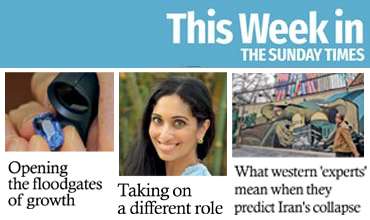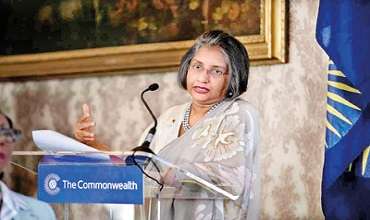On one of the world's most polluted coastlines, 30 young Palestinians dive head first into the sea off the Gaza Strip, their minds filled with dreams of Olympic glory.
Aged between 11 and 16, they make up a rare swimming club in the Palestinian enclave, and perhaps its only mixed-sex one.
Coach Amjad Tantish talks through a warm-up before they race from the trash-strewn beach into the sea as he continues to bark instructions. Conditions are far from perfect; the waves make serious training difficult and they have little equipment. But Tantish explained that there are no free public swimming pools in the Gaza Strip, so they had to brave the sea.
“We lack even the simplest equipment such as goggles and swimsuits,” he said. “We don't have any funding.”
The Mediterranean hugs the entire 40 kilometre (25 mile) western border of the Gaza Strip, but almost no one enters its waters. The desperate shortage of energy and lack of sanitation infrastructure mean around 100 million litres of poorly treated sewage are pumped into the sea every day, according to the United Nations. In the worst spots along the shore the sea is tinted brown.
More than 95 percent of tap water is polluted, and water-related diseases are the primary cause of child mortality in Gaza, according to the World Health Organization.
You can share this post!
Content

An Attorney at law and his wife was shot dead in the car park of a super market in Akuregoda today evening.

Read this week’s Sunday Times for your interesting articles

Maithree Wickramasinghe, wife of former President Ranil Wickremesinghe, who was due to appear before the Criminal Investigation Department (CID) today to record a statement, has requested a two week period to provide her statement.






Leave Comments